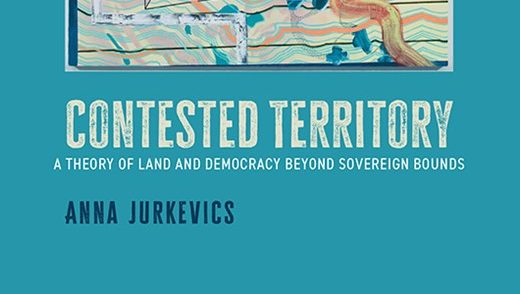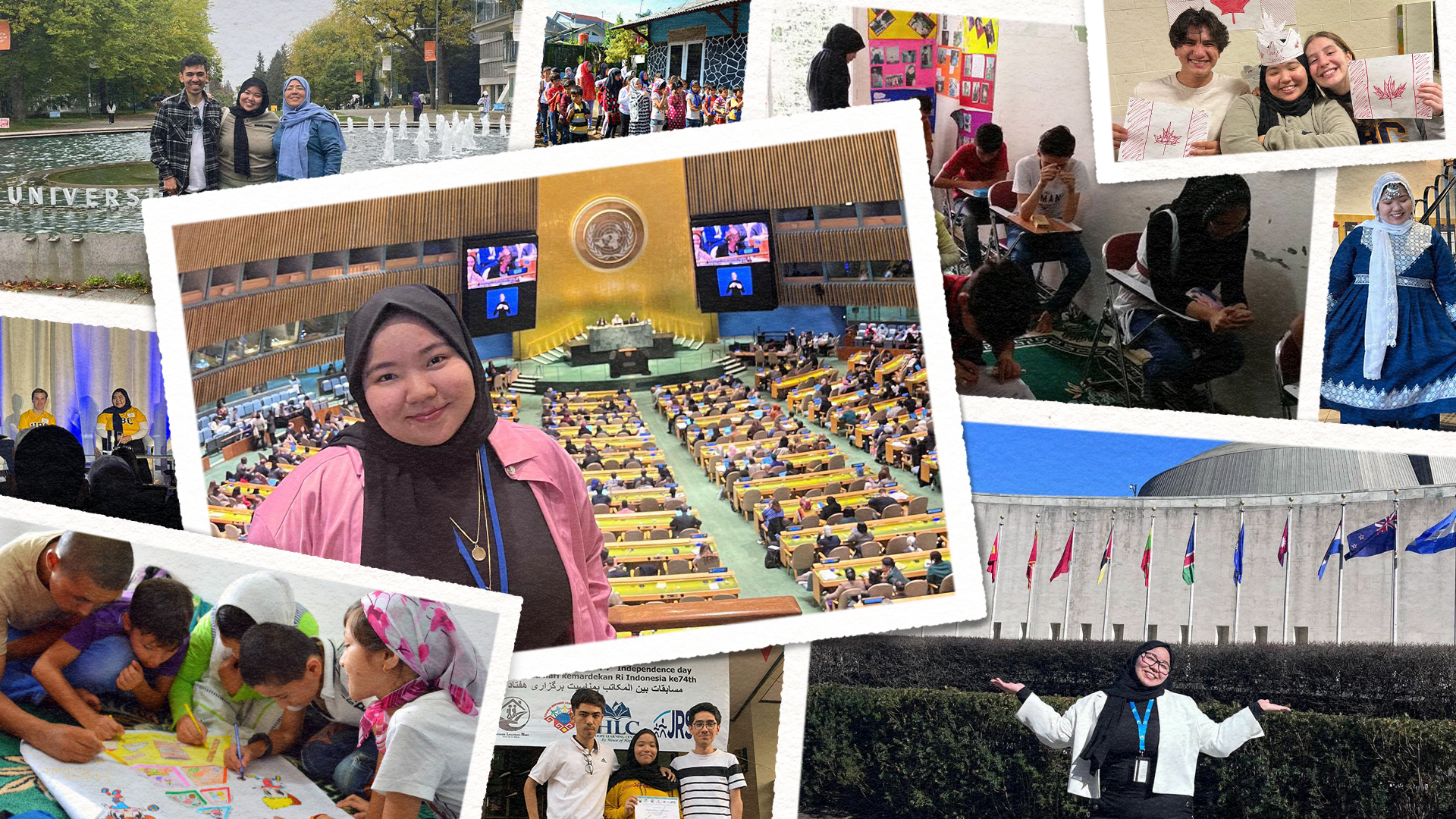

Pawan Minhas, BA'21
Raised in Fort McMurray, Pawan spent five years at UBC completing his bachelor’s degree, majoring in Political Science with an emphasis on Canadian politics and political theory.
After graduation, he was intent on finding work at the intersection of policy and politics, particularly in service of representing his hometown, and he soon found work advising Independent Alberta Senator Paula Simons in Ottawa.
Looking to return west after his time in the capital, Pawan now works as a public servant in Alberta’s Department of Justice, supplementing his legislative experience with policy implementation. He remembers his time in Buchanan fondly, crediting his passion for public work to professors like Gerald Baier, Alan Tupper, and Kathryn Harrison.
How did your POLI degree prepare you for your current profession?
The clearest memory I have of POLI classes is the phrase “it depends.” That phrase and what it represents is key to work in the public policy space, because as tempting as it is to treat it like a science, this field is foremost an art. POLI classes honed my ability to research, articulate findings, and think critically.
Helpful, too, are the case studies and factoids you pick up every semester, but the absolute core of public policy is learning to understand how to view a problem from foreign angles. Plus, whether you’re in West Block or Buchanan D, arguing with other nerds about Canadian public policy is pretty universal.
Were there any courses or extracurricular experiences (POLI-focused or otherwise) that you completed while at UBC that helped you realize that Policy was the right post-graduation pathway for you?
The Ubyssey gave me professional writing experience in a serious, exacting environment long before I crossed the stage, and I’m better off for it. My work since graduating has seen me scanning legislation for loopholes, writing for a national audience, and finding creative solutions when you’ve hit a dead end — all skills I developed in my two years with that great campus institution.
What is something that excites you about the work that you do? What is something that challenges you?
The best part of public policy and legislative affairs, far and away, is earnestly trying to help people out. I know what it’s like to feel unheard, so to seek out and listen to underprivileged people about what can be done to empower them is incredibly rewarding.
The downside is what I call the ‘ivory cubicle,’ where you and your colleagues risk losing touch with the public you’re trying to benefit. Among other tactics to keep grounded, I donate my time and money to community orgs providing vital support on the ground (shoutout HARES Outreach and Bent Arrow Traditional Healing Society). Work isn’t everything!
If you could offer a piece of advice to your undergraduate self—knowing what you know now about your chosen post-graduation pathway—what would it be?
Not every battle is worth fighting, but don’t let up on the few that are. This field is a rollercoaster and if you get married to your work, you’ll get jaded real quick. Instead, find an issue you’re dying to fix and make it your north star so that after a tough day, you can look up, see where you’re going, and course correct if need be.
Can you recommend any resources that might help undergrads answer the question, “Is working in policy the right post-graduation pathway for me?”
I’m on a “books about guys who did great things with the law” kick right now, having finished Nelson Mandela’s Long Walk to Freedom, Murray Sinclair’s Who We Are, and settled into Devil in the Grove, about a case tried by then-lawyer Thurgood Marshall. I recommend these books, particularly Mandela’s, because they illustrate the consequences of discriminatory policy and advocate dismantling unjust systems.
From my political theory days, I re-read Hannah Arendt’s Eichmann in Jerusalem regularly for its unflinching examination of bureaucratic complicity and the false distance between the functionary and the individual. I recommend these books to introduce some friction, because public policy work usually entails a bunch of smart people agreeing with each other.
A UBC Political Science degree gives you a leg up on getting into policy, so if you’re wondering whether it’s the right field for you, these books reinforce the potential for great and terrible things to come of that work.


